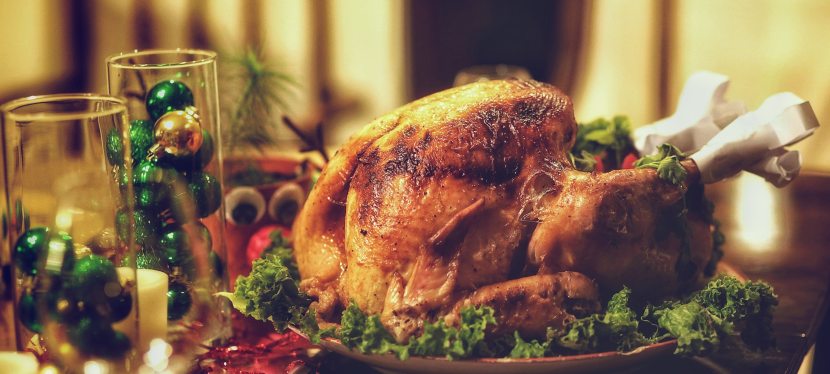It’s hard to think about fall and winter holidays without thinking of food. Thanksgiving turkeys, Christmas roasts and cookies, and plenty of latkes and chocolate gelt are on everyone’s minds for the last two months of the year.
On December 4th, the USDA changed the Supplemental Nutritional On December 4th, the USDA approved changes to the Supplemental Nutritional Assistance Program (SNAP). Despite receiving thousands of negative comments, they proceeded with the first three proposed changes to the SNAP, all of which are expected to go into effect before the next presidential election.
Starting April 1, 2020, SNAP benefits will be cut for roughly 700,000 individuals, by reducing waivers and introducing new work requirements for able bodied adults without dependents. NPR Stated, “SNAP statutes already limit adults to three months of benefits in a three-year period unless they meet the 20 hours per week [work] requirement, but many states currently waive that requirement in high unemployment areas.” This rule change will make it more difficult to get this waiver. This initial change is expected to ‘save’ over $5 billion over the course of five years.
The other two proposed rule changes would:
- Close a “loophole that allows people with incomes up to 200 percent of the poverty level — about $50,000 for a family of four — to receive food stamps” and “prevent households with more than $2,250 in assets, or $3,500 for a household with a disabled adult, from receiving food stamps.”
- Cut close to $4.5 billion “from the program over five years, trimming monthly benefits by as much as $75 for one in five struggling families on nutrition assistance.
If all of these proposed rule changes go into effect, approximately 3.7 million fewer people and 2.1 million fewer households would have received SNAP in an average month (Urban Institute).
According to the USDA website, SNAP provides nutrition benefits to supplement the food budget of needy families so they can purchase healthy food and move towards self-sufficiency. These changes are proposed in order to ‘cut costs and help individuals achieve this idea of self-sufficiency’. However, access to SNAP allows individuals to support themselves and provide nutritious food for their families. Many believe these changes affect not only the individual’s ability to pay for other necessities, but will add stress to local food pantries and other non profits (Lohud, Dec 10, 2019). These changes will lead to an increase of food insecurity, devaluing of life, and challenge the idea that dignity belongs to every human being. “In this case, the result is more hunger and hardship for the members of low-income families who are doing their best to make sure everyone is cared for” (The Atlantic, Dec 10, 2019).
As we gather around Christmas dinner with our families, let us pause for those among us who go without.


Well done Natalie 😊
Ruth Geraets, PBVM
LikeLike